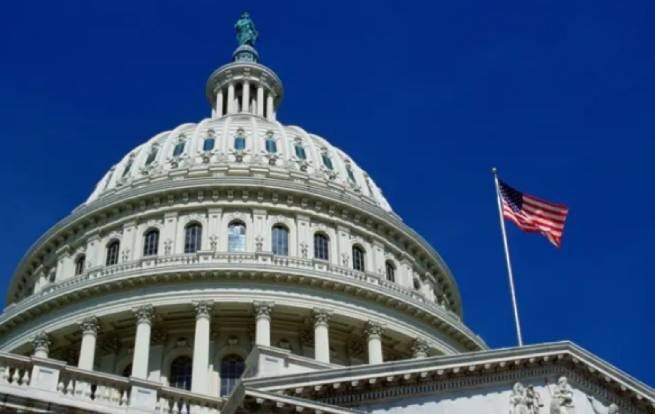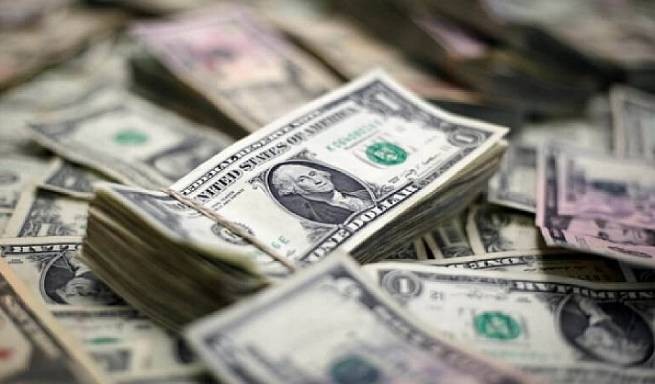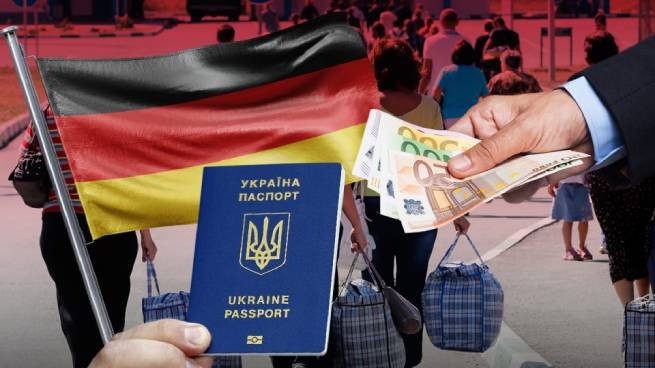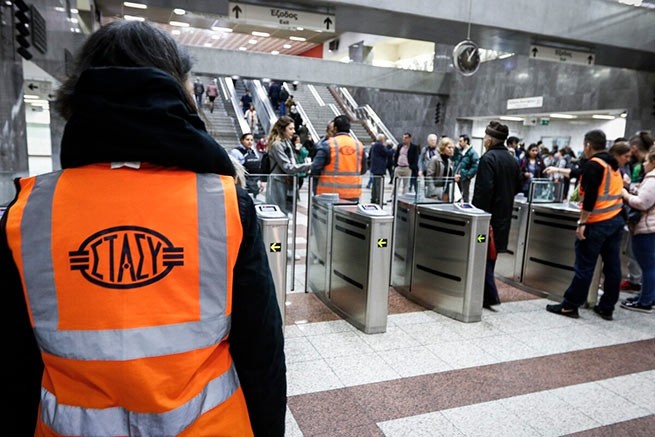Judging by the headlines of some media, throughout 2022, the Germans actively stood up for Putin and hardened their own government, especially Burbock and Scholz.
In fact, as evidenced analysis DW, everything is “a little” wrong, and even, what is there, everything is “exactly the opposite”. Where do such materials come from, and how do Germans treat their government, in particular, German Chancellor Olaf Scholz and German Foreign Minister Annalena Berbock?
The Chancellor is allegedly being punished by the German population for not being too flattering about Russia. News with a similar context regularly appears on Russian websites. To understand how such articles are created, DW first carefully studied one of them and the comments under the publication – supposedly from the Germans.
The article “I got it already. The Germans responded harshly to Zelensky’s appeal to the Russians” was intended to demonstrate anti-Ukrainian sentiment in Germany. The publication contains comments by “real Germans” who allegedly responded harshly to Zelensky’s appeal to the Russians. But here’s what’s interesting: the comments are written under strange nicknames: zw9s, nzjdMFpV, rrnsne2Nr and GvbR72. It is unlikely that real readers of the German weekly Der Spiegel will come up with the idea to call themselves such a “name”.
All of them were given in the article, while the comments were not the most popular. The main sign of selection, most likely, was precisely the names of users with such spontaneous letter combinations that cause real suspicions of their authenticity. And in many articles, commentators’ nicknames are not mentioned at all, they are replaced by the template “one of the users”, “one of the readers”, “the third commentator”, etc.
Experts from the Institute for the Study of Crime and Security at Cardiff University draw attention to the fact that comments on the texts of major European publications are becoming objects of “systematic and large-scale penetration of trolling.” In 2021, their study was published analyzing the verification of comments on the materials of 32 major European media, including the German Die Welt and Der Spiegel. The authors of the study note:
“Accounts use the “readers’ comments” function on media sites to post provocative anti-Western statements in response to materials related to Russia. This is indicated, in particular, by an analysis of the behavior of profiles from which such comments are posted. One of the accounts of interest to us is PKT 69 changed location once and changed name 549 times since inception”.
The genre of reviewing anonymous comments under the articles of foreign publications, and not the articles themselves, appeared on the InoSMI website more than 20 years ago, back in the 2000s. When Aleksey Kovalev (now working at Meduza) was the editor-in-chief of InoSMI, such collections included comments not only under articles about Russia, but also on other topics. At the beginning of 2022, Kovalev said:
“The massive littering of comments on foreign media websites by professional ‘trolls’ was not yet widely known at that time, and they did not appear under articles not related to Russia.”
Later, the genre of reviewing anonymous comments completely ceased to resemble a real review: the authors of the news agency select only quotes with the same opinion. Against the background of the war in Ukraine and the important role of Germany in politics EU more and more often, Germans began to appear in the collections, as a rule, “horrified” by the statements of their politicians: “The Germans sharply criticized von der Leyen for his words about the” punishment “of Russia” or “The Germans were horrified after Burbock’s words about Russia.”
Such headlines, like the articles themselves, are not only based on troll comments, but often contradict what Germans really think about Russia and Ukraine, their government, and sanctions against Moscow for military aggression.
At the end of 2022, commissioned by the public broadcaster ARD, a large-scale survey was conducted, and this is what Germans really think: 86% of Germans consider Russia a security threat in the world, and a country with which Germany can build trusting partnerships, RF is called only 10% of Germans. Ukraine is now considered such a country by 47% of respondents.
Of course, many Germans are quite critical of their own government – only 28% of respondents are satisfied with it. For example, regarding sanctions: 37% of respondents believe that the penalties against Moscow for the war in Ukraine should be even tougher, 31% of Germans say that the sanctions are proportionate, and 23% believe that the restrictions imposed are too harsh.
About the personal rating of German politicians: 36% of German citizens are satisfied with Chancellor Olaf Scholz. A low figure, but Germany has a fairly diverse political landscape, and such a rating allows Scholz to stay in the top three of German politicians.
And at the top of this rating is German Foreign Minister Annalena Berbock: 48% of Germans are satisfied with her work. There are also 47% of those who are rather dissatisfied. But still, this contrasts as much as possible with the impression that some media are trying to create, in which Burbock is allegedly one of the main targets of ridicule and criticism of the mythical Germans.







More Stories
4 scenarios for the development of the war in Ukraine
There was a scandal in Cyprus over the Prime Minister's plane, donated by K. Mitsotakis
Nuclear wrestling between the USA and Russia: are we heading towards the use of strategic weapons?